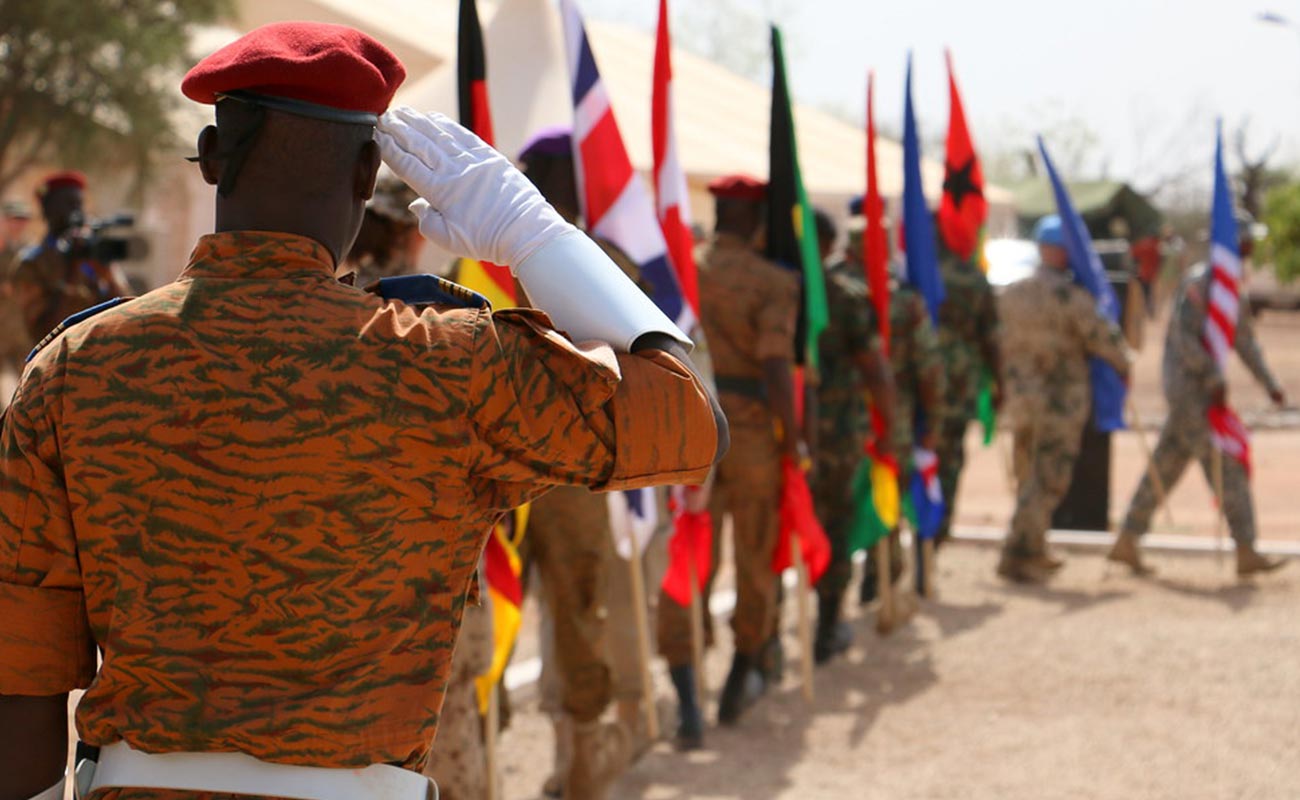
By Oluwaseun Taiwo
In a significant move for African geopolitics, Burkina Faso, Mali, and Niger formed a new alliance called the Alliance of Sahel States (AES) on September 16, 2023. This defense pact challenges the long-established Economic Community of West African States (ECOWAS). Initially, AES seemed to be a reaction to ECOWAS’s threat of military intervention in Niger following a coup. By February 8, 2024, these countries officially announced their departure from ECOWAS, criticizing the bloc for drifting from its original ideals and for being too influenced by foreign powers, particularly France. They also accused ECOWAS of failing to support their fight against terrorism and imposing harmful sanctions.
To prevent more countries from leaving, ECOWAS lifted its sanctions against Niger. Historically, Mauritania is the only other country to have left ECOWAS, back in 1999, though it has remained friendly with the bloc. The formation of AES raises important questions about the effectiveness of regional organizations in Africa, which has many such bodies with complex roles and histories.
The Role of Regional Organizations in Africa
Africa’s regional organizations play crucial roles in politics and economics due to the continent’s vast size and diverse history. These organizations have helped legitimize governments, provided platforms for dialogue, and facilitated regional integration, especially for landlocked countries needing access to the sea. Recently, they’ve also been important in promoting stable governance, which is linked to economic growth.
However, these organizations have struggled to adapt to the changing needs of African citizens. They are often more accountable to heads of state than to the people. This can make them ineffective when member states pursue their own interests through other means, leaving the organizations inactive. Additionally, the diverse colonial histories of African countries often lead to internal conflicts within these groups, making it hard to agree on common goals and values.
The Challenges Facing AES
Despite its ambitious goals, AES faces many challenges similar to those of ECOWAS. Since it was formed by military regimes, a return to democratic governance in these countries could weaken the alliance. Leadership changes could lead to a lack of commitment to AES.
The main reason behind AES’s formation was to protect the military regime in Niger. This focus on military rule could lead to conflicts within the alliance if there are power struggles or leadership changes, as seen in Burkina Faso’s recent coups.
Moreover, AES countries are landlocked and share borders with ECOWAS countries, meaning they will still need to interact with the bloc they left. This could create conflicting policies and complicated regional cooperation, especially in trade and security.
Comparing AES and ECOWAS
ECOWAS was also formed during a time of military rule, but it has evolved to address modern governance and economic challenges. The Nigerien regime’s efforts to show popular support highlight a broader trend of seeking legitimacy beyond mere power. While AES aims to be different, its increasing ties with Russia’s Wagner Group suggest it is not free from foreign influence, despite its criticisms of ECOWAS.
Critics point out that AES condemns ECOWAS for foreign influence while aligning with Russia, showing a complex web of international relations. Additionally, AES was formed without consulting citizens, which mirrors the criticism it directs at ECOWAS for being disconnected from the people.
The creation of AES affects not just its member states but also the entire West African region. ECOWAS economies might suffer from losing skilled workers and dealing with strained humanitarian resources. Policies adopted by AES could also impact neighboring ECOWAS states, potentially conflicting with established regional protocols.
ECOWAS now faces the challenge of remaining relevant by engaging more with its citizens and adapting to the changing political landscape. The swift formation of AES might be seen as a diplomatic move, but it raises important questions about regional unity and the future of African integration.
As discussions continue among political leaders and civil society, it’s clear that regional cooperation needs a fresh approach. For many people in Niger and other AES countries, ECOWAS has mixed associations, shaped by recent crises and interventions. The path forward requires balancing national interests with regional stability, ensuring that regional bodies effectively serve both their member states and their citizens.
The emergence of the Alliance of Sahel States (AES) marks a critical moment in West African relations. It is yet to be seen whether the AES will successfully address the shortcomings of the Economic Community of West African States (ECOWAS) or encounter similar issues. What is certain, however, is that the future of the region will be significantly influenced by the outcome. If the AES succeeds, it could lead to enhanced economic growth, stability, and integration in the Sahel region. Conversely, if it faces the same challenges as ECOWAS without effective solutions, it could hinder progress and exacerbate existing problems. The path that the AES takes will undeniably shape the region’s future.
